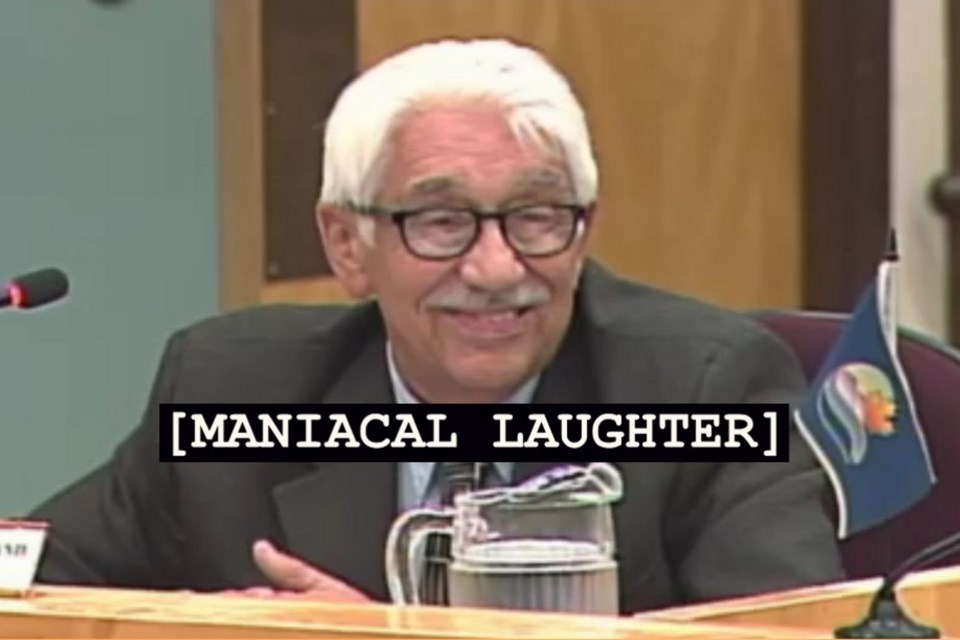Ward 1 Councillor Steve Butland and his Ward 4 counterpart Lou Turco want the City of Sault Ste. Marie to look into adding closed captioning to broadcasts of City Council meetings.
The two councillors want the change considered "for the hearing impaired of our community," but closed captions benefit many others including patrons of noisy gyms, bars and restaurants who want to follow newscasts and other broadcast offerings.
They are also useful to students learning English as a second language and to viewers who like to read a transcript along with broadcast audio.
Councillors Butland and Turco want city staff to consult with Shaw Cable, the Canadian Hearing Society, and the cities of Hamilton and Ottawa, both of which have recently introduced closed captioning of council meetings.
The Sault Ste. Marie Accessbility Committee is expected to talk about the issue later this week.
Closed captions provide a text transcript of the spoken part of a movie, television program or computer presentation, often including other audible aspects including applause, laughter, music, and sound effects.
In the closed captioning sought by Butland and Turco, text can't been seen until the feature is activated by a viewer.
Open captions, on the other hand, are visible to all viewers.
Shaw Cable's broadcast of City Council meetings is livestreamed by SooToday but the Butland/Turco resolution doesn't address issues of compatibility with digital streaming technology.
Last year, the City of Sudbury estimated the annual cost of real-time captioning of its council and committee cable broadcasts and webcasts at $131,000 plus a one-time capital cost of $74,500.
That price also included captioning of archival broadcasts.
A second option, broadcasting cable television and livestreamed coverage without captions, adding them to the webcast 12 to 48 hours later, was estimated to cost $53,500 and a one-time capital cost of $5,000.
Sudbury decided to defer the decision until 2017.
It was expected that more affordable technologies for close-captioning live and on-demand videos would be available then.
